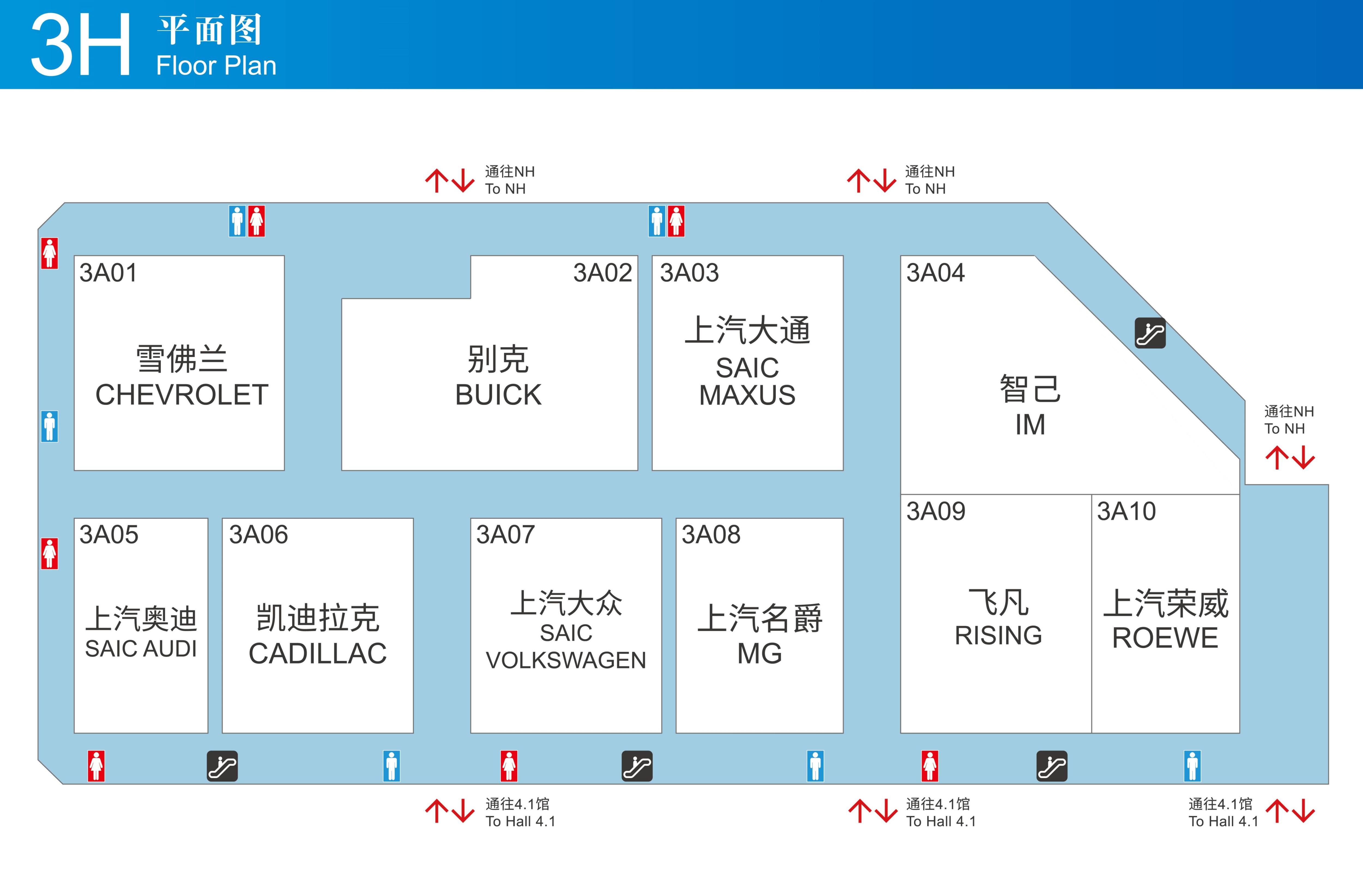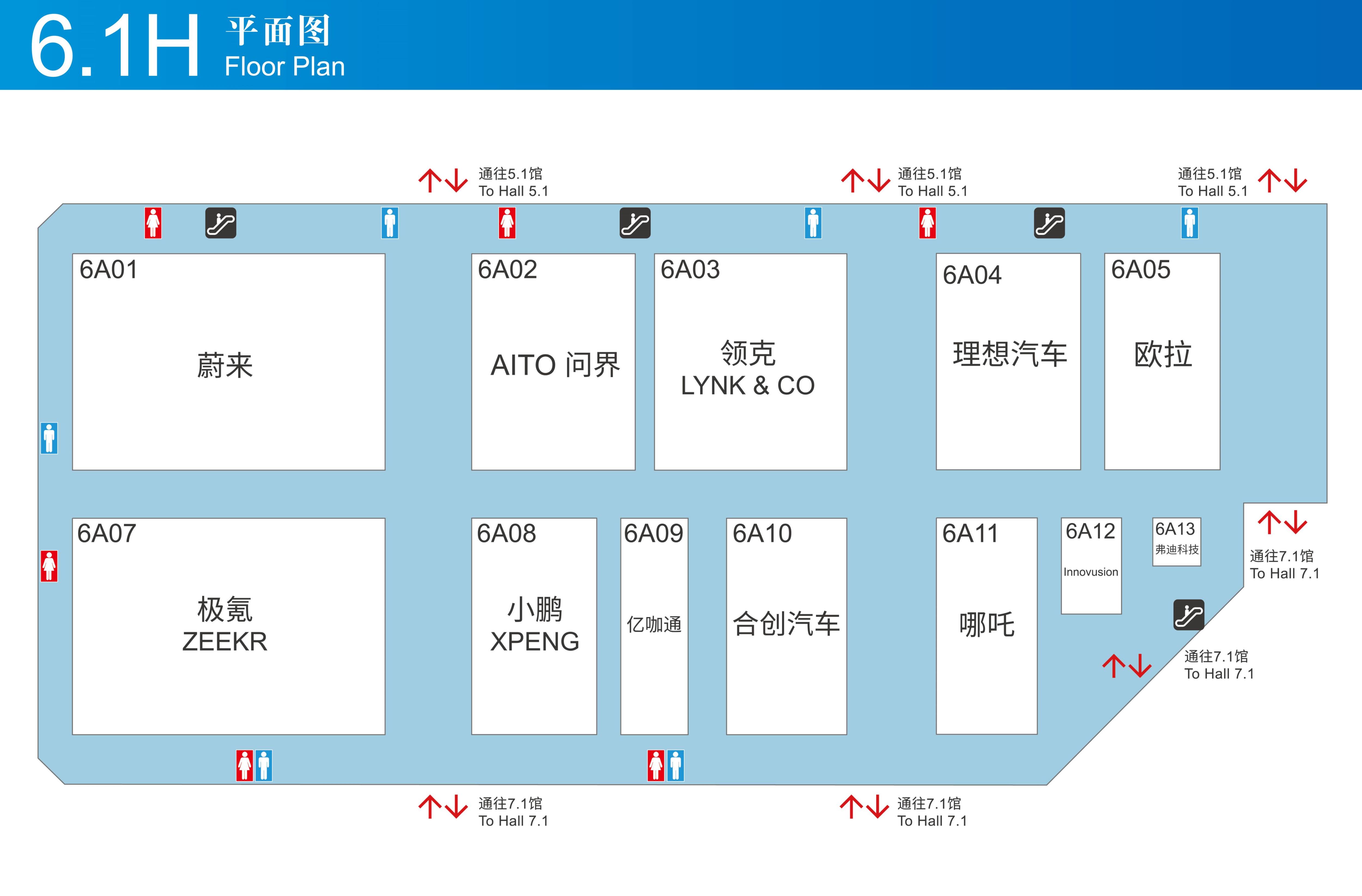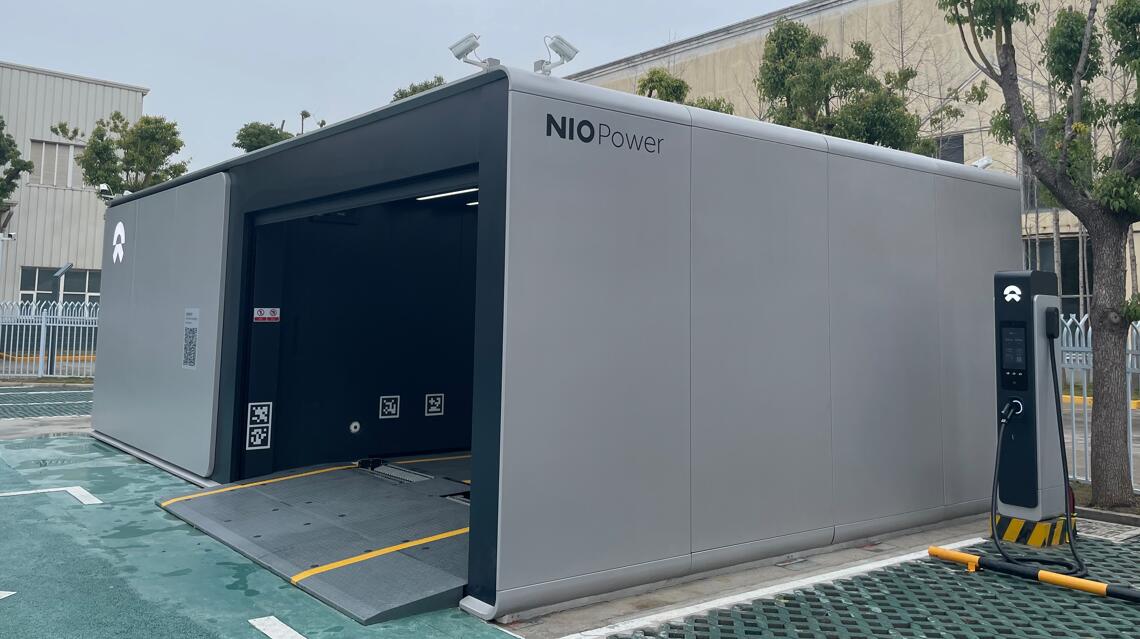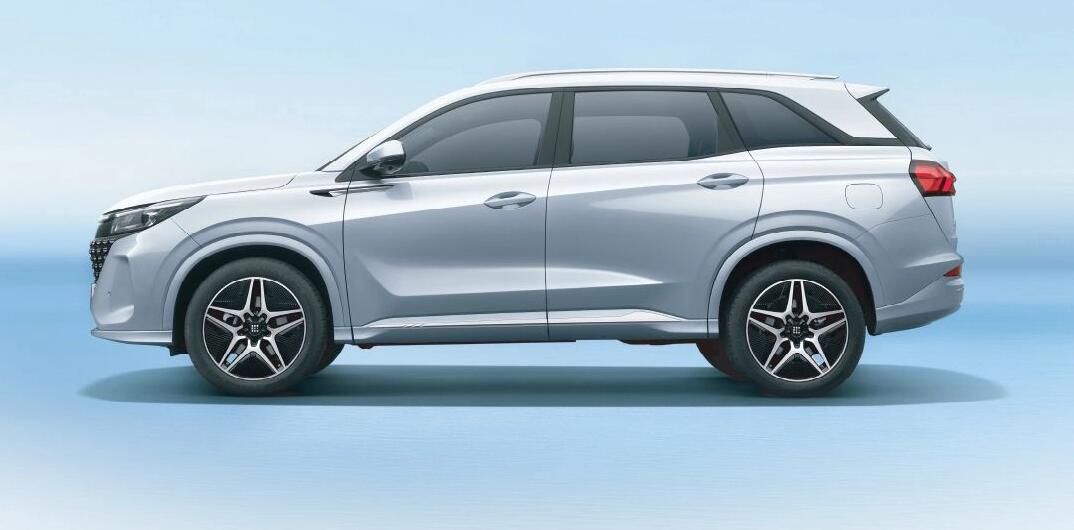Huawei and JAC will jointly build models targeting the ultra-high-end luxury pure electric vehicle market with a price range of around RMB 800,000-1 million, according to local media.

(Image credit: CnEVPost)
Huawei will reportedly partner with NIO's vehicle OEM JAC Motors to target a market priced up to RMB 1 million ($146,000), after the tech giant partnered with Seres Group to target the mainstream premium market.
Huawei and JAC will jointly build models targeting the ultra-high-end luxury pure electric vehicle market, with a price range of around RMB 800,000-1 million, local media outlet 36kr reported today.
In the electric car era, JAC's better-known identity is as an OEM for NIO. However, in its partnership with NIO, JAC only provides the factory and vehicle building qualifications, and is not involved in vehicle development or manufacturing, the report noted.
In its partnership with Huawei, JAC intends to learn from the tech giant's engineering development system, thus opening up a more flexible cooperation space to it, according to the report.
Huawei will be involved in the development of the project's vehicles, electrical and electronic architecture, and core systems, the JAC is very enthusiastic in the cooperation, the report said, citing a source familiar with the matter.
"JAC is already learning from Huawei's management model, and even the vehicle development is following the IPD process," the person familiar with the matter said.
The site of the Huawei-JAC car-making project is located in the JAC Xingang Industrial Park in Feixi county, Hefei, Anhui province, with a total investment of about 2.6 billion yuan and is expected to be completed early next year, according to a previous tender document..
After the project is completed, it can produce B to D+ class vehicles, including Sedan, SUV, MPV, Crossover and Sporty models, with an annual capacity of 300,000 units, according to the document.
In the automotive industry, Huawei's most important current partner is Seres Group, which was previously known as Chongqing Sokon.
Huawei officially announced on April 20, 2021 that it will start selling cars in its flagship stores, with the first model being the Seres SF5 SUV, which uses extended-range technology similar to that used in the Li Auto models.
On December 2, 2021, Seres and Huawei jointly launched a premium new energy vehicle (NEV) brand called AITO, followed by the M5 EREV (extended-range electric vehicle), M5 BEV (battery electric vehicle) and M7 EREV.
On November 7 last year, a Huawei executive said the company aims to make AITO a global premium smart electric vehicle brand within three years.
On February 25, Seres and Huawei signed an agreement to deepen their joint business, and the two will jointly launch a new vehicle platform, the first flagship model of which is scheduled for release in 2023.
Seres unveiled aggressive plans at the time, saying the joint business aims to see annual production and sales of both NEVs reach 1 million units by 2026.
(1 $= RMB 6.8482)
Seres, Huawei sign deal on joint business, aim to sell 1 million NEVs by 2026
The post Huawei, JAC partner to target ultra-luxury pure electric vehicle market, report says appeared first on CnEVPost.
For more articles, please visit CnEVPost.





















